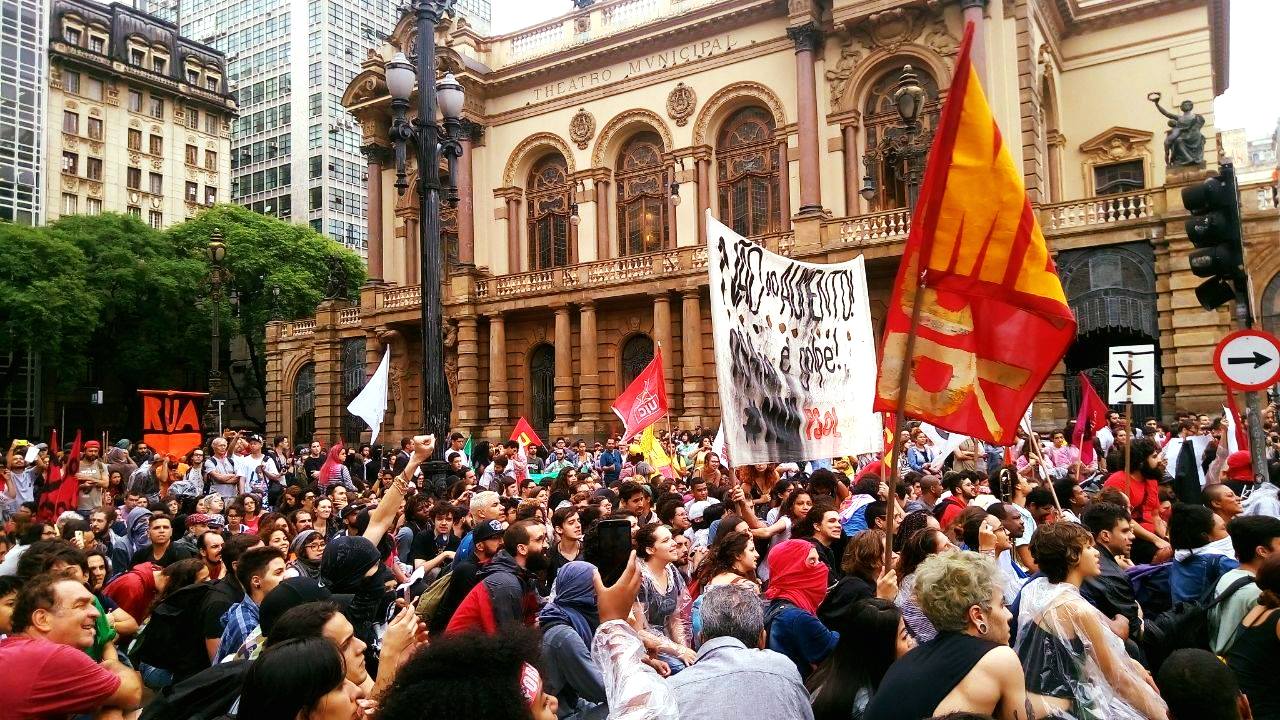NGOS condemn decree on protests in Sao Paulo, at international agencies
A document sent to the UN and the OAS contests the prohibition of masks and the demand for prior warning. It also criticises Military Police repression

Civil society organisations and public authority agencies drew on special reports by the United Nations (UN) and the Inter-American Commission on Human Rights (IACHR), on Wednesday 23 January, to condemn abuses concerning the right to protest in Brazil. The institutions are calling for the reversal of a São Paulo state government decree published on 19 January. The decree demands prior warning of five days and criminalises the use of masks at protests, among other points. The document also repudiates Military Police violence against protesters.
An urgent appeal, containing information on violations, was sent to the UN Special Rapporteur for freedom of peaceful assembly and of association, Clément Voule, and also to the Special Rapporteur for freedom of expression at the IACHR, Edison Lanza. The information includes the promulgation of decree 64.074/2019 that, according to the organisations, contains a number of unconstitutional provisions that are not compatible with democratic processes. The evaluation is shared by organisations from different areas. The appeal is signed by ARTICLE 19, Conectas, Condepe – State Commission for the Rights of Human People, São Paulo Public Defence Office Specialist Centre on Prison Conditions, IBCCRIM – Brazilian Institute of Criminal Sciences, ITTC – Instituto Terra Trabalho e Cidadania and MPL (Free Fare Movement).
In the document, institutions ask for the assistance of international agencies to challenge Brazilian public authorities and they call for the adoption of urgent measures to redress the situation, such as the creation of a protocol for the use of transparent force and surcease of unnecessary or disproportionate force, the permanent suspension of the practice of arbitrarily detaining protesters, an end to the practice of surveillance and the immediate repeal of the decree.
Read more
It is stated in the appeal that “from the analysis of the Decree, as well as the context in which it is published, it is evident that it is part of a scenario of intensification and sophistication of the instruments of repression, criminalization and restriction of the right of protest.”
There is concern that, in addition to violating individual rights, the combination of the decree and more sophisticated repressive practices may consolidate violations of fundamental rights and restrict practices that are essential in democratic states, such as public statements, criticism and protests.]






